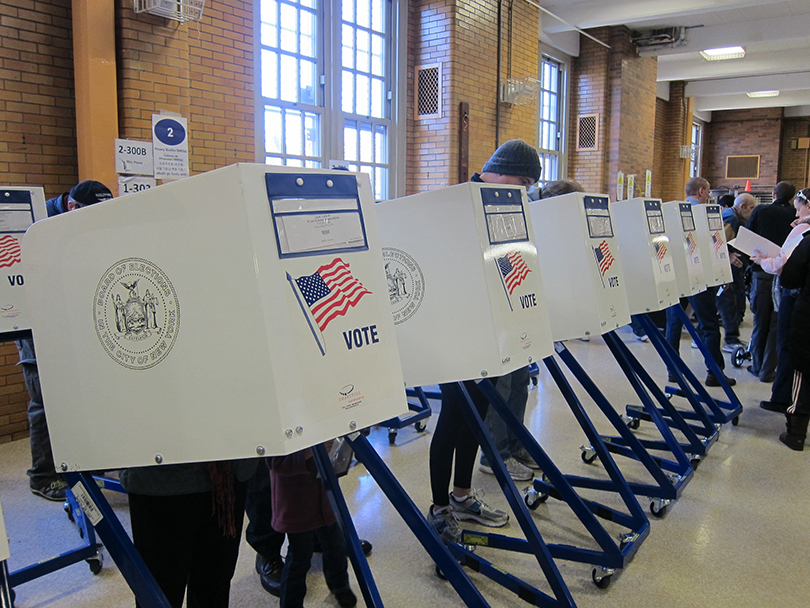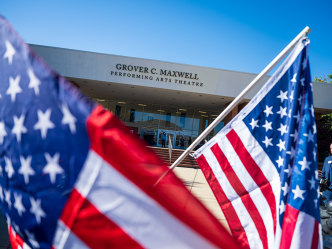The phrase “if looks could kill” could be an unfortunate reality for female political candidates on the campaign trail.
New research from Dr. Mary-Kate Lizotte, associate professor of political science at Augusta University, shows that simply mentioning a female political candidate’s attractiveness—regardless of context or perception—results in lower voter evaluations of her intelligence and competence for office.
“Drawing attention to a political candidate’s appearance, in particular his or her physical attractiveness, has a negative influence on voter evaluations and reports of vote willingness,” Lizotte said. “This is especially true for political candidates.”
Male candidates suffer a similar loss in voter evaluations of trustworthiness when described as physically attractive. According to Lizotte, though, the impact on female candidates is much greater.
Lizotte conducted a similar study in 2015 that found voters evaluate white female, black female and black male political candidates the same regardless of whether or not they previously held an elected office. In addition, Lizotte found that respondents with higher scores on a sexism inventory were less likely to differentiate between female political candidates who had political experience and those who did not.
“Only white male political candidates benefit in terms of voter perceptions of competence from having previously held an elected office,” she said.
As more women and minorities enter the political arena in 2018 and beyond, understanding and addressing such biases could make or break future campaigns.
 Augusta University
Augusta University




